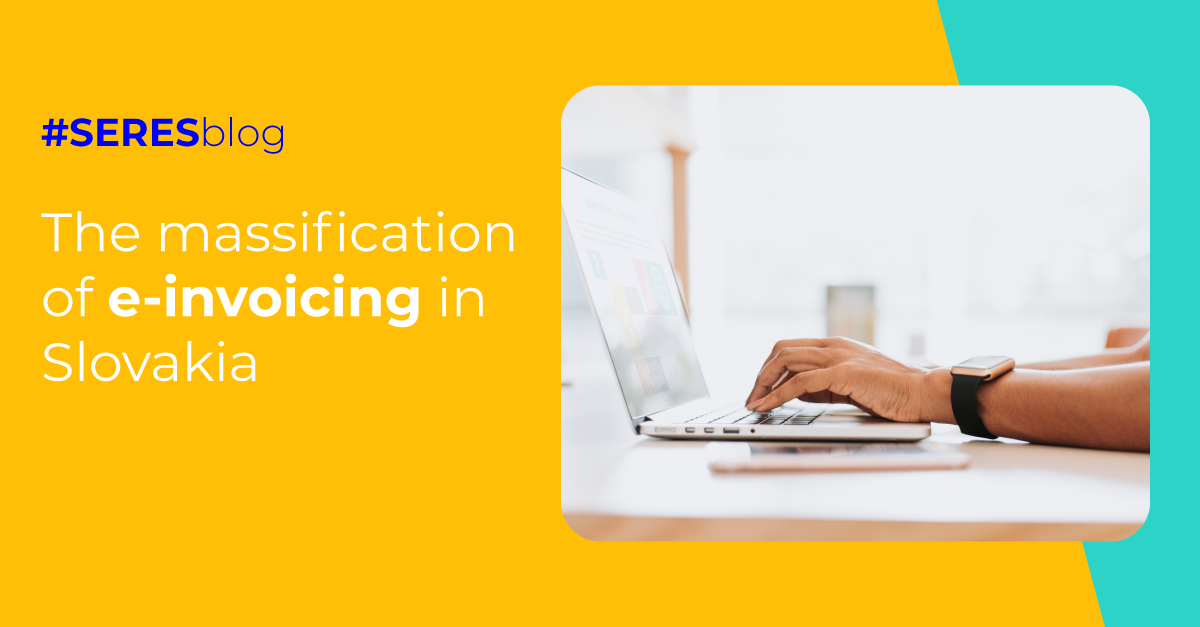New e-invoicing project in Bosnia and Herzegovina by 2025
The implementation of electronic invoicing in Bosnia and Herzegovina is still in its infancy, particularly in comparison to other European countries. Unlike in many other European countries, there is no legal obligation for businesses (B2B), consumers (B2C) or public administration (B2G) to use electronic invoicing. Despite the possibility of sending electronic invoices by post or fax, invoices are still processed in physical format.
The Bosnian government is currently preparing a draft law that would introduce mandatory e-invoicing, which would also require real-time reporting to the tax authorities. It is anticipated that the initial phase will encompass B2G transactions, with B2B transactions subsequently incorporated.
At the time of writing, no launch date has been confirmed, although it is anticipated that the draft will be presented to parliament in early 2025.
The objective is to address the issue of invoice fraud that has emerged in the context of online e-commerce and digital platforms.
Currently, there is no government-regulated e-invoicing standard. However, it is evident that the new mandate will align with the EU e-invoicing directive.
Electronic tax reporting in Bosnia and Herzegovina
In October 2023, the parliamentary assembly enacted the Law on Amendments to the Law on Value Added Tax. The aforementioned legislation, which came into force on 2 December 2023, saw the value-added tax (VAT) registration threshold doubled from BAM 50,000 to BAM 100,000 (equivalent to €25,535 and €51,070, respectively). It was proposed that the legislation should be adjusted to reflect the prevailing trends in inflation and price increases for goods and services.
Furthermore, with regard to the registration of taxpayers, the registration procedure is conducted in accordance with the prevailing regulations.
In 2023, the government introduced a value-added tax (VAT) on non-resident suppliers of digital services (business to consumer, or B2C) in order to align the taxation of these services with those provided by resident suppliers. Consequently, foreign suppliers are obliged to register, collect and remit 17% VAT to the Indirect Taxation Authority.
Monitoring and adhering to digital VAT regulations in Bosnia, the EU, or international jurisdictions is a laborious and potentially risky process.



